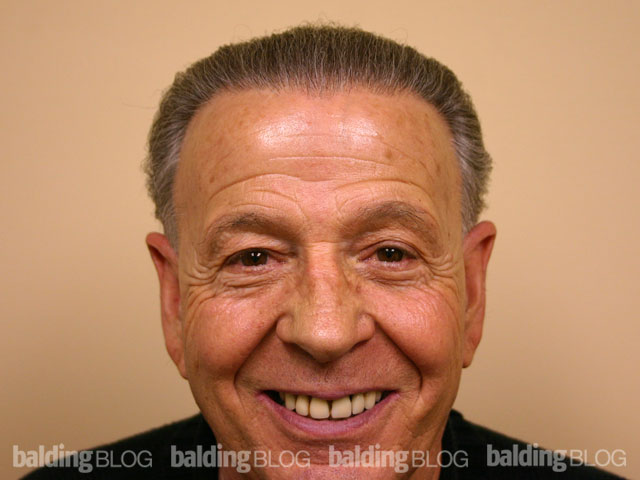Good Afternoon Doc,
This question is not for me, but rather my brother, who was recently diagnosed with testicular cancer and will undergo a fairly strenuous (and stressful) 9 week session of chemo, followed by a major surgery to take out some of his lymph nodes.
He’s 23, has a perfect hairline, and no signs of male pattern baldness or thinning (unlike myself) so far. His good looks are definitely an asset and he’s concerned that his hair may go for good because of the stress and trauma he will soon experience. He’s already buzzed his head in preparation.
Now granted his hair is minor relative to the rest of his health, but is there anything he can do to minimize negative effects to his hair from cancer and stress? Would propecia help at all or would it simply get killed off by the chemo (or maybe the two drugs don’t interact at all and propecia would help)? Any other advice?
Thanks for the help!
There are no offerings that are approved for people on chemotherapy to prevent the hair loss that is associated with the treatment. The reason that the hair falls out is because most chemotherapeutic agents try to ‘knock out’ cells that are growing fast (cancers are essentially cells that grow out of control and that is almost the only thing they do). The cells in the body that normally grow very fast are also impacted by these drugs and these normal cells include: certain blood cells, platelets, intestinal lining (causes nausea and vomiting), and hair cells (causing hair loss). The cancer cells could die (that is the hope) while the other cells that get impacted by such drugs also die, but as these normal cells have a source for new cells (like stem cells) the populations usually recover after they go through their natural recovery cycle. Blood cells are relatively short cycled (they grow from a kind of stem cell), but a person may need blood transfusions while the recovery cycle kicks in. Intestinal cells usually re-grow in a matter of days to a week or so (nausea and vomiting stops at about that time) and hair re-grows when it passes through its normal telogen cycle (3-6 months when it re-grows hair probably from some type of stem cells as well).
I have recently been made aware of two new drugs in clinical trials that will target the protection of hair during chemotherapy. That means we might see some new breakthroughs in the next few years, far too long for those on chemotherapy today, but maybe in time for others who go this path.



 hello Dr. Rassman
hello Dr. Rassman